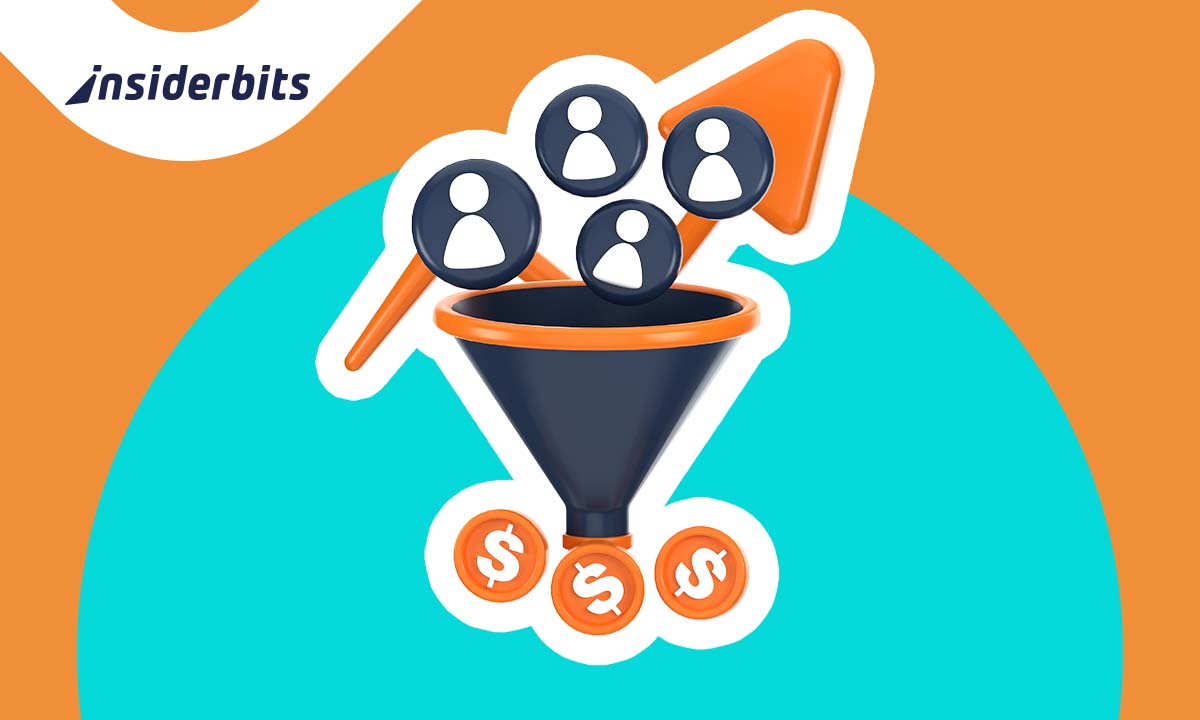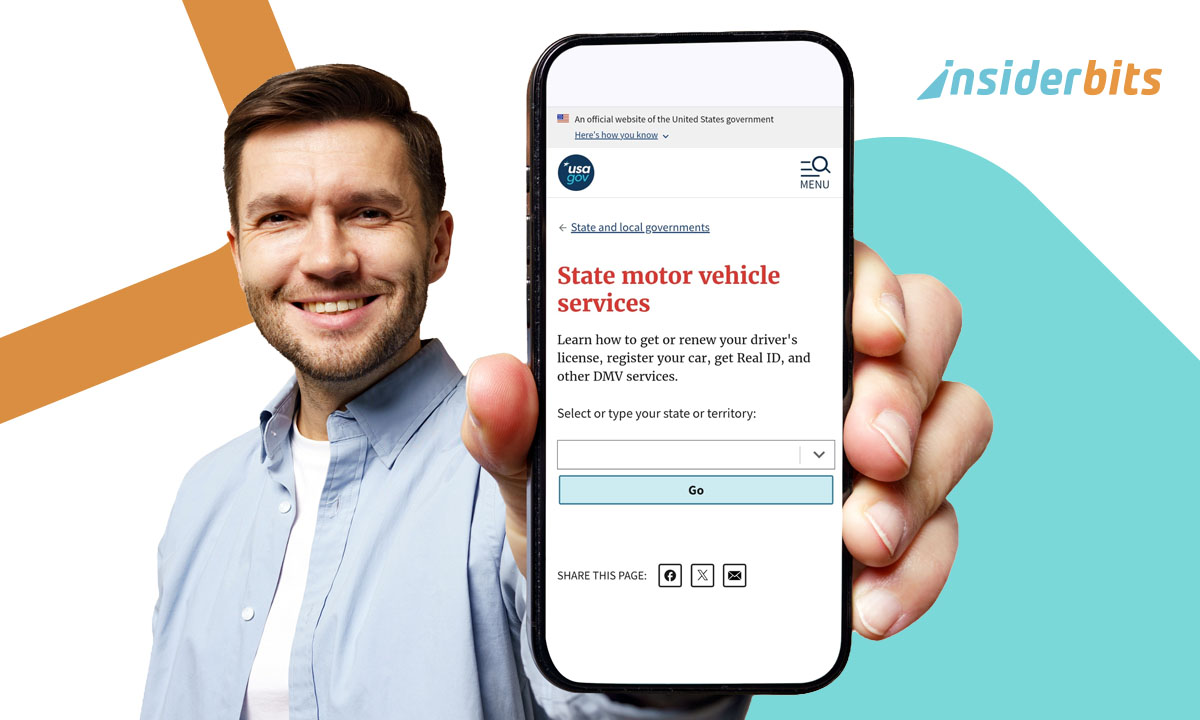Let’s face it: your phone knows you better than your therapist. Every scroll, tap, and late-night search fuels a shadow economy where your data is the currency.
But what if you could turn the tables? Enter Data Monetization—the art of selling your digital breadcrumbs instead of letting corporations hoard them like dragons on a pile of gold.
0/5
What Is Data Monetization and How Does It Work?
In plain English? It’s getting paid for the trails you leave online. Companies like Google and Meta profit wildly from your habits—your favorite memes, your impulse Uber Eats orders, even your face (looking at you, Clearview AI).
These companies collect extensive user data—ranging from browsing habits to purchasing behaviors—and leverage this information to generate substantial profits.
They achieve this by selling aggregated data to advertisers, enabling highly targeted marketing campaigns that significantly boost advertising effectiveness.
Additionally, these companies utilize the collected data to enhance their own products and services, creating a more personalized user experience that encourages increased engagement and, consequently, higher revenue.
This business model, often referred to as “surveillance capitalism”, involves profiting from the vast amounts of personal data collected from users.
But platforms like Harbr Data and Relevate flip the script: they let you auction off anonymized data directly, cutting out the middleman. Think of it as Uber, but you’re the driver and your data’s the ride.
The Best Ways to Make Money from Your Data
Harbr
Harbr is a data monetization and exchange platform designed for enterprises looking to package, share, and sell data securely. Unlike consumer-friendly apps, it’s a B2B-focused SaaS solution, meaning no mobile app—just a robust web interface.
Key Features
- Secure Data Sharing – granular access controls and encryption;
- Monetization Tools – sell or license data with built-in compliance;
- Collaboration Hub – teams can manage datasets, analytics, and APIs in one place;
- Enterprise-Grade – used by financial, healthcare, and retail sectors.
The Good
- Trusted by Big Players – companies like Mastercard and HSBC leverage Harbr;
- No-Code Data Packaging – easily turn raw data into sellable products;
- Compliance-Friendly – GDPR/CCPA-ready with audit trails.
The Not-So-Good
- No Mobile App – web-only (could frustrate on-the-go users);
- Steep Learning Curve – not for small businesses or solo data sellers;
- Pricing Opacity – enterprise-only quotes (no public pricing).
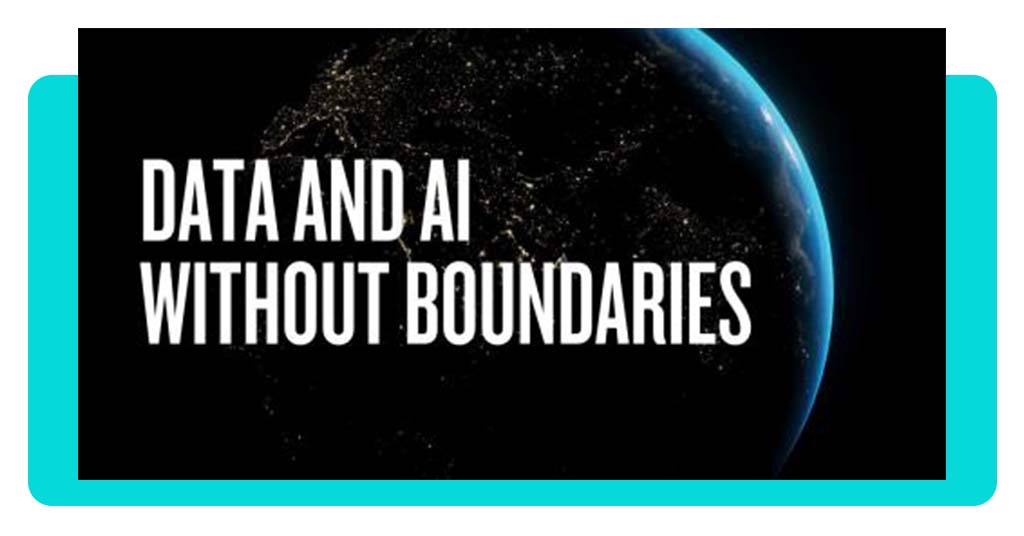
- App Lock – Protect Your Private Data With This App
- Be An Analyst With These Free Online Data Analyst Courses
- Check Car Data by License Plate: Alabama’s Regulations
Relevate
Revelate is a B2B data commerce platform that helps companies package, distribute, and monetize their data—think of it as Shopify for data products. Unlike Harbr, which focuses on enterprise data exchanges, Revelate is designed for scalable, self-serve data sales.
Key Features
- Turnkey Data Storefront – sell data like digital products (downloads, APIs, subscriptions);
- Flexible Monetization – one-time purchases, subscriptions, or usage-based pricing;
- Built-In Compliance – GDPR, CCPA, and custom legal agreements;
- White-Label Branding – match the platform to your company’s look and feel;
- API & Automation – integrates with cloud storage (AWS, Snowflake, BigQuery).
The Good
- No-Code Setup – launch a data marketplace fast, no dev team required;
- Self-Serve Buyer Experience – customers browse, buy, and access data instantly;
- Scalable for SMBs & Enterprises – works for startups and Fortune 500s alike.
The Not-So-Good
- Limited Public Pricing – custom quotes only (likely a premium tool);
- No Mobile App – web-based management only;
- Niche Audience – only useful if you sell data products.
Best for: data vendors, SaaS companies, and enterprises launching a data revenue stream.
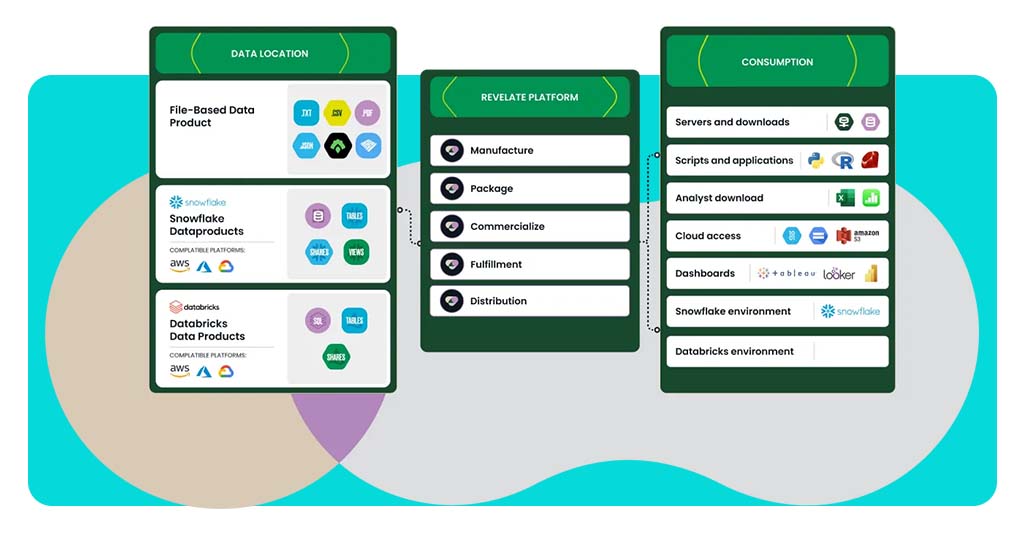
Nielsen Panel
To join the Nielsen Mobile Panel, visit the official website and complete the registration form. Once registered, download the app, keep it running in the background, and start earning rewards while contributing to valuable digital research.
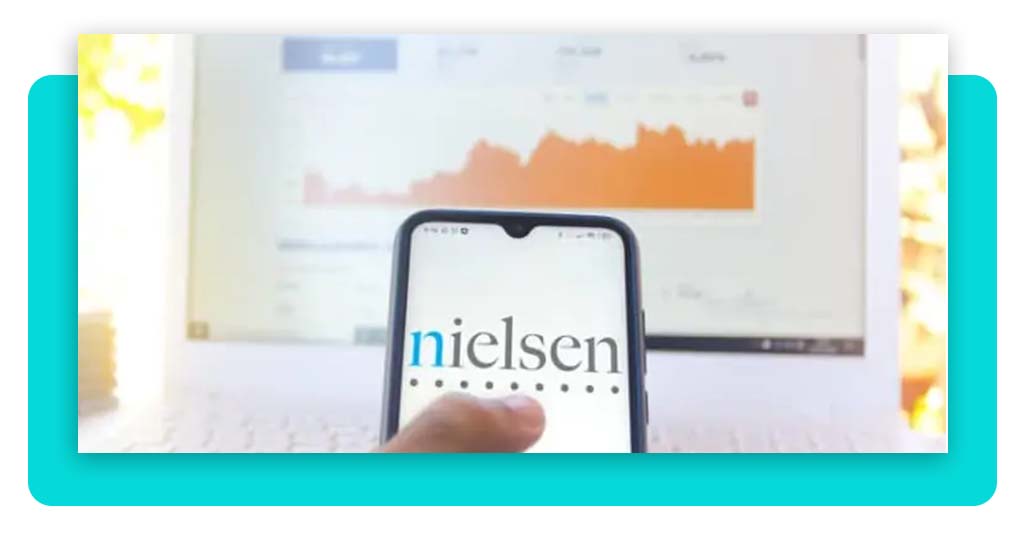
Pro tip: these won’t pay your rent, but hey, that Spotify subscription could be covered.
Ethical Considerations: Is Selling Your Data Safe?
Spoiler: nothing’s 100% safe. Even your toaster is probably judging you. But unlike shady ad trackers, legit platforms anonymize your info—no one’s seeing your specific obsession with cat videos.
Selling your personal data can be tempting, but it’s essential to consider the ethical and privacy implications.
While legitimate platforms claim to anonymize your information, the reality is that no system is entirely foolproof. Even devices as commonplace as smart toasters can collect data about your habits.
Therefore, it’s crucial to scrutinize the privacy policies of any service you engage with to understand how your data is handled.
Transparency in data collection and usage not only builds trust but also ensures compliance with ethical standards and regulations.
By being informed and cautious, you can make decisions that align with your comfort level regarding data privacy. Always check privacy policies (boring, but necessary).
How Companies Use Your Data and How to Take Control
Ever searched for “vegan leather boots” and suddenly every ad is eco-friendly fashion? That’s your data at work. To fight back:
Opt Out of Tracking
For iOS users, Apple provides tools to limit app tracking:
- Disable Cross-App Tracking: navigate to Settings > Privacy & Security > Tracking, and toggle off “Allow Apps to Request to Track.” This prevents apps from accessing your Identifier for Advertisers (IDFA), thereby reducing cross-app tracking;
- Limit Personalized Ads: go to Settings > Privacy > Apple Advertising, and toggle off “Personalized Ads” to restrict Apple’s targeted advertising.
Clear Cookies and Browser Data
Regularly deleting cookies and browsing data can prevent websites from retaining information about your online activities:
- On Safari (iOS): open Settings > Safari > Clear History and Website Data.;
- On Chrome (iOS): open Chrome, tap the three dots, go to Settings > Privacy > Clear Browsing Data, and select the data types to remove.
Utilize Data-Sharing Control Apps
Certain applications empower you to manage and monetize your data, ensuring you have a say in how your information is used:
- Nielsen Panel proves that even passive data has value—you’re essentially renting out your digital footprint. If you’re comfortable with trade-offs, it’s a simple way to dip into data monetization.
0/5
Future of Data Monetization: What to Expect in 2025
Brace for:
- AI middlemen negotiating data deals for you (creepy or cool?);
- More regulation—because Europe’s GDPR was just the opening act;
- “Data unions” where users band together to demand fair pay;
- Bottom line: your data’s valuable. Why let Mark Zuckerberg buy another yacht with it? Whether you cash in or lock it down, knowing is half the battle.
P.S.: still think social media is “free”? Think again.
